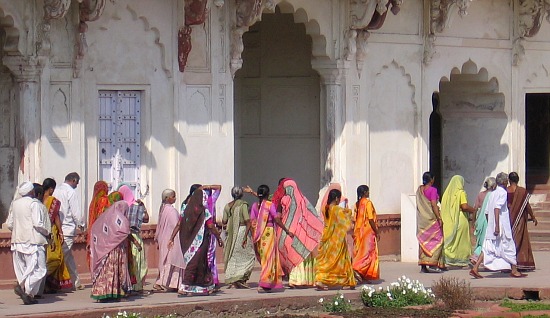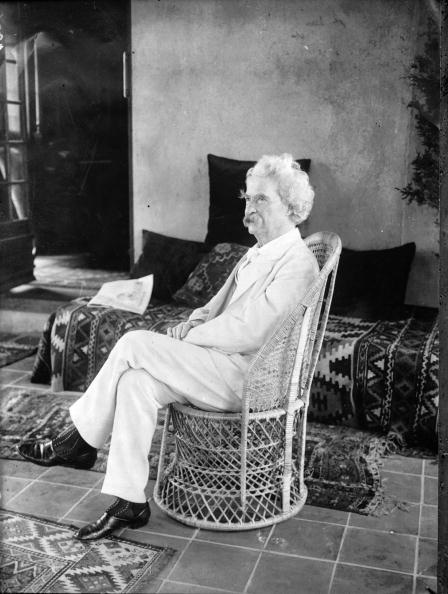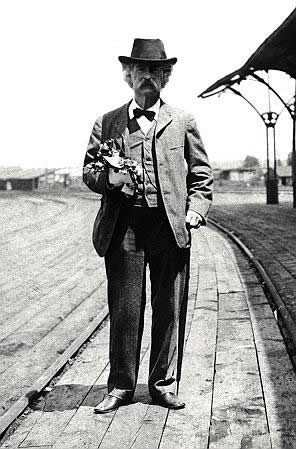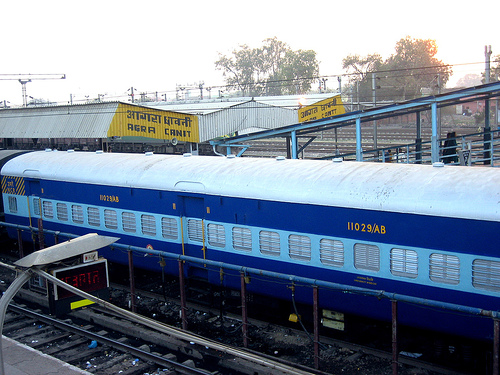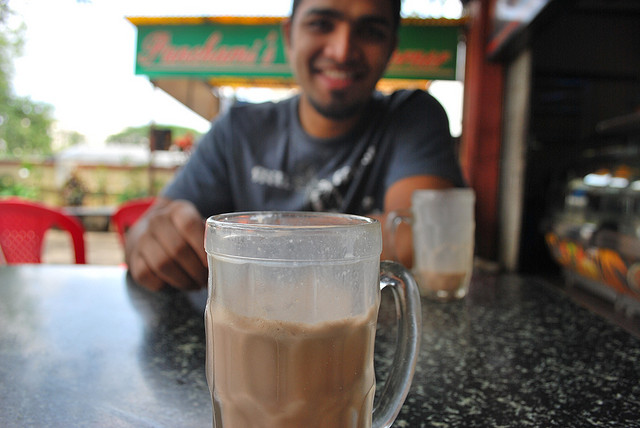
[Taken from The Complete Works of Mark Twain: Following the Equator, Volume 2, Harper and Brothers: New York, 1925.]
It was winter. We were of Kipling’s “hosts of tourists who travel up and down India in the cold weather showing how things ought to be managed.” It is a common expression there, “the cold weather,” and the people think there is such a thing. It is because they have lived there half a lifetime, and their perceptions have become blunted. When a person is accustomed to 138 in the shade, his ideas about cold weather are not valuable. I had read, in the histories, that the June marches made between Lucknow and Cawnpore by the British forces in the time of the Mutiny were made in that kind of weather–138 in the shade–and had taken it for historical embroidery. I had read it again in Serjeant-Major Forbes-Mitchell’s account of his military experiences in the Mutiny–at least I thought I had–and in Calcutta I asked him if it was true, and he said it was. An officer of high rank who had been in the thick of the Mutiny said the same. As long as those men were talking about what they knew, they were trustworthy, and I believed them; but when they said it was now “cold weather,” I saw that they had traveled outside of their sphere of knowledge and were floundering. I believe that in India “cold weather” is merely a conventional phrase and has come into use through the necessity of having some way to distinguish between weather which will melt a brass door-knob and weather which will only make it mushy. It was observable that brass ones were in use while I was in Calcutta, showing that it was not yet time to change to porcelain; I was told the change to porcelain was not usually made until May. But this cold weather was too warm for us; so we started to Darjeeling, in the Himalayas–a twenty-four hour journey. (203-204)
Click here for all of the Mark Twain Selections on India.
Image Credit: Leo Reynolds on Flickr
